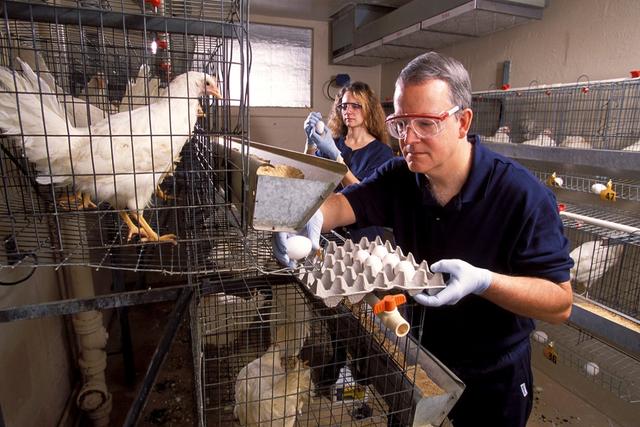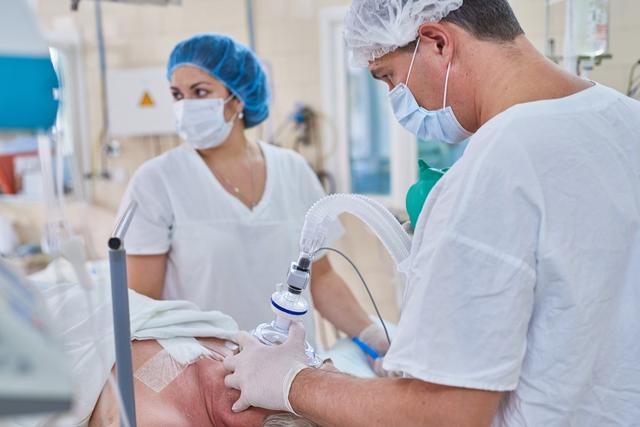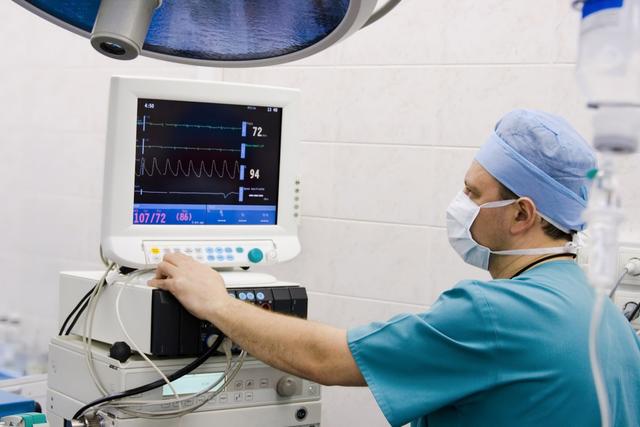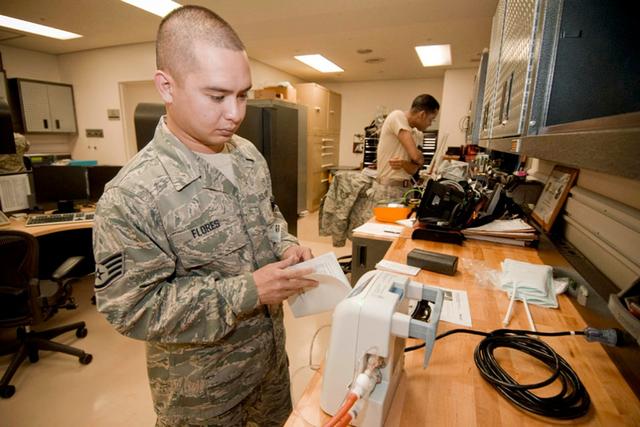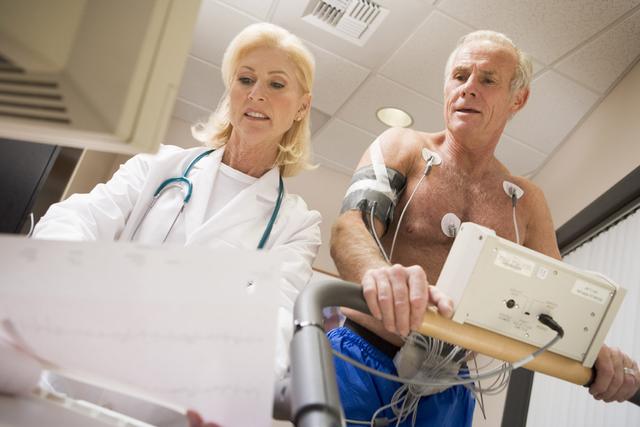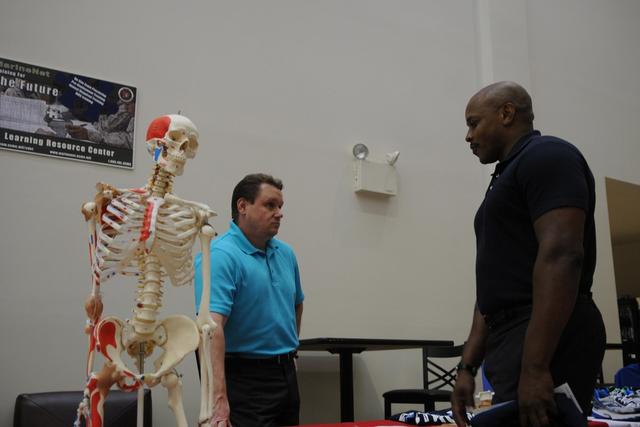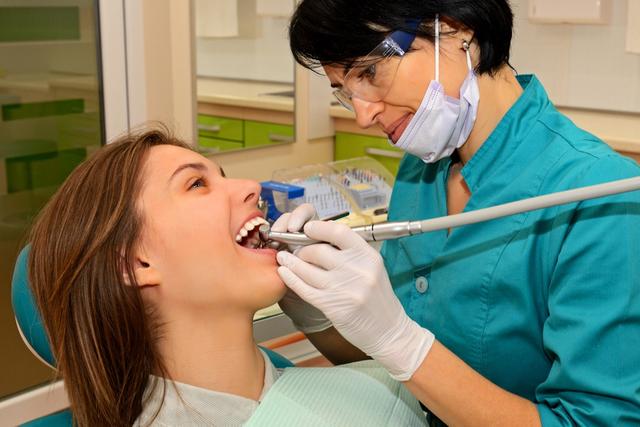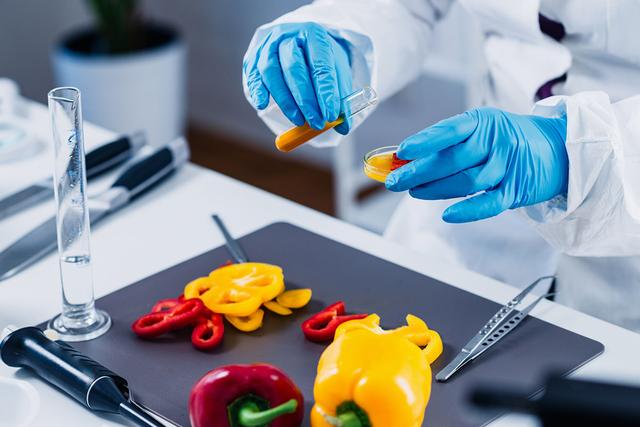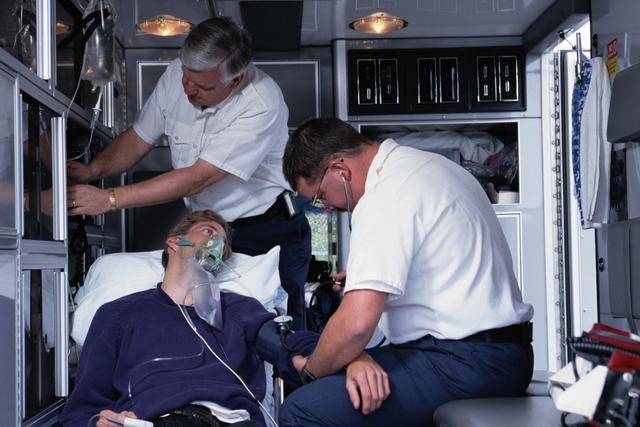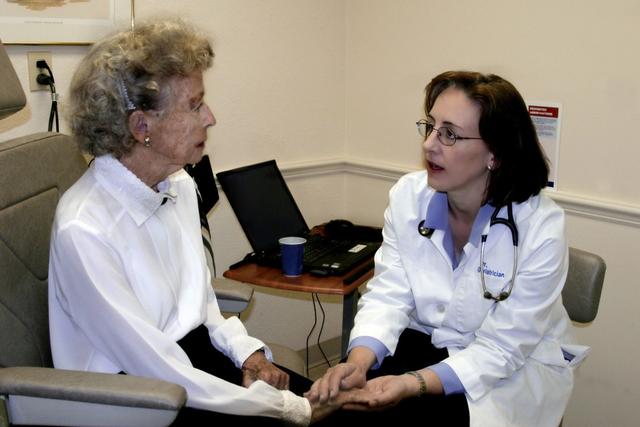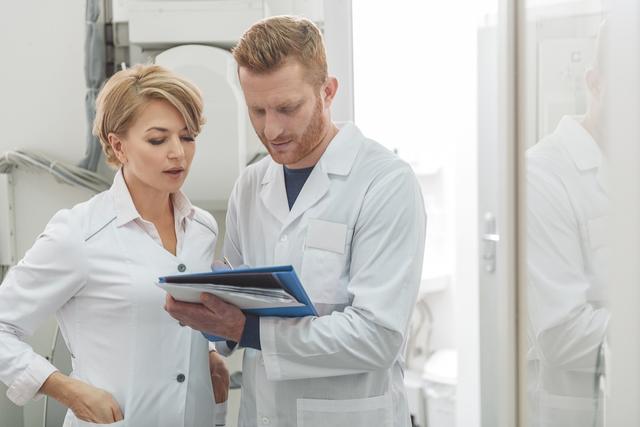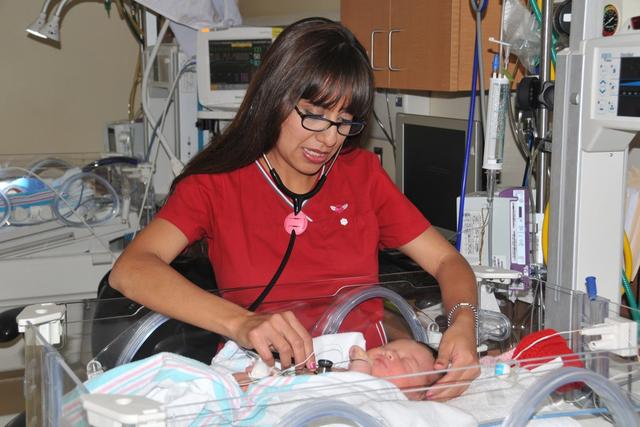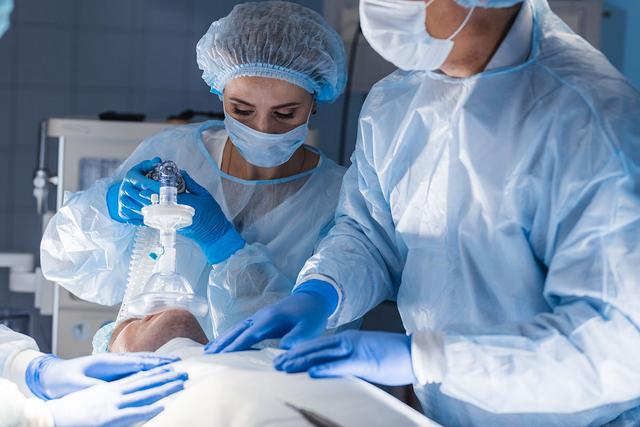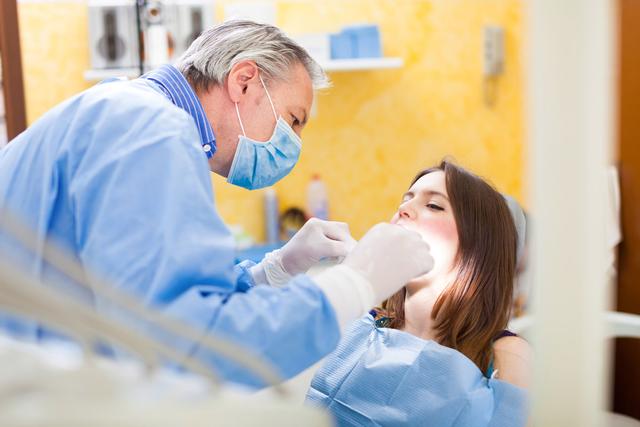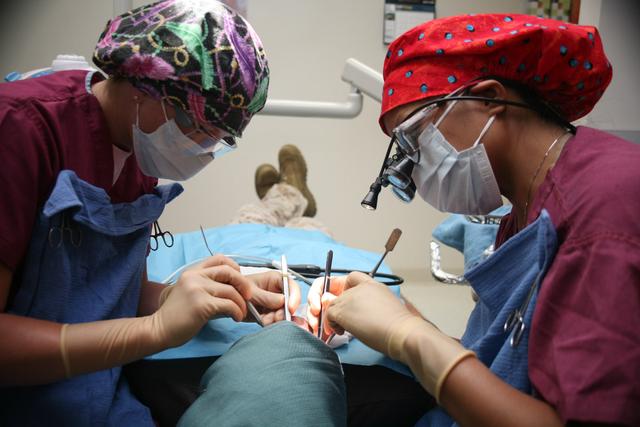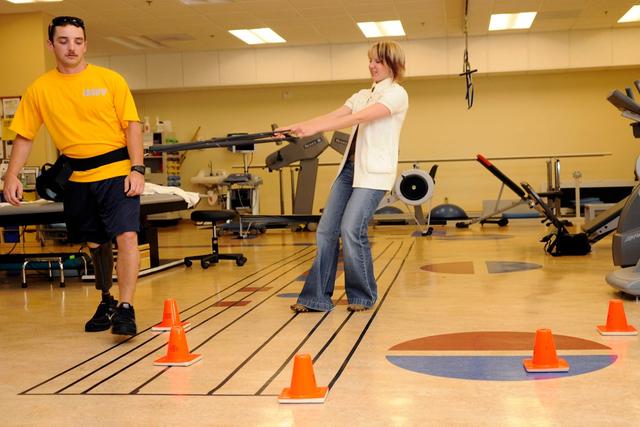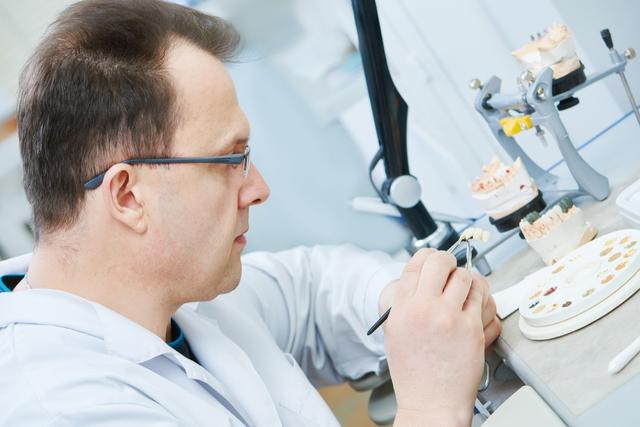Dental Laboratory Technicians
Overview

Introduction
Dental laboratory technicians, also called dental technicians, are skilled craftspeople who make and repair dental appliances, such as dentures, inlays, bridges, crowns, and braces, according to dentists written prescriptions. They work with plastics, ceramics, and metals, using models made from impressions taken by the dentist of a patients mouth or teeth. Many technicians use computer-aided design programs and 3D printers to create appliances. Some dental laboratory technicians, especially those who work for smaller denta...
Quick Facts
Median Salary
Employment Prospects
Minimum Education Level
Experience
Skills
Personality Traits
Earnings
Dental laboratory trainees earn slightly more than minimum wage. As technicians gain experience, however, their salaries increase. The U.S. Department of Labor reported that in May 2023, the median yearly income for dental laboratory technicians was $47,690. The lowest 10 percent earned $33,940 or less, while the highest 10 percent earned more than $77,460. Fifty percent of dental laboratory te...
Work Environment
Most dental laboratory technicians work in well-lit, calm, and pleasant surroundings. Technicians usually have their own workbenches and equipment. Because some pieces of equipment produce high levels of noise, dental laboratory technicians may wish to have their hearing checked periodically. Some wear noise-cancelling headphones to reduce the chance of hearing loss.
The normal workweek ...
Outlook
Employment for dental laboratory technicians is expected to decline by 4 percent from 2023 to 2033, according to the U.S. Department of Labor (DOL). The DOL says that "demand for dental laboratory technicians is expected to decline as 3D printing and other laborsaving technologies are increasingly used to produce dental parts and appliances." Nearly all openings will result from the need to rep...

